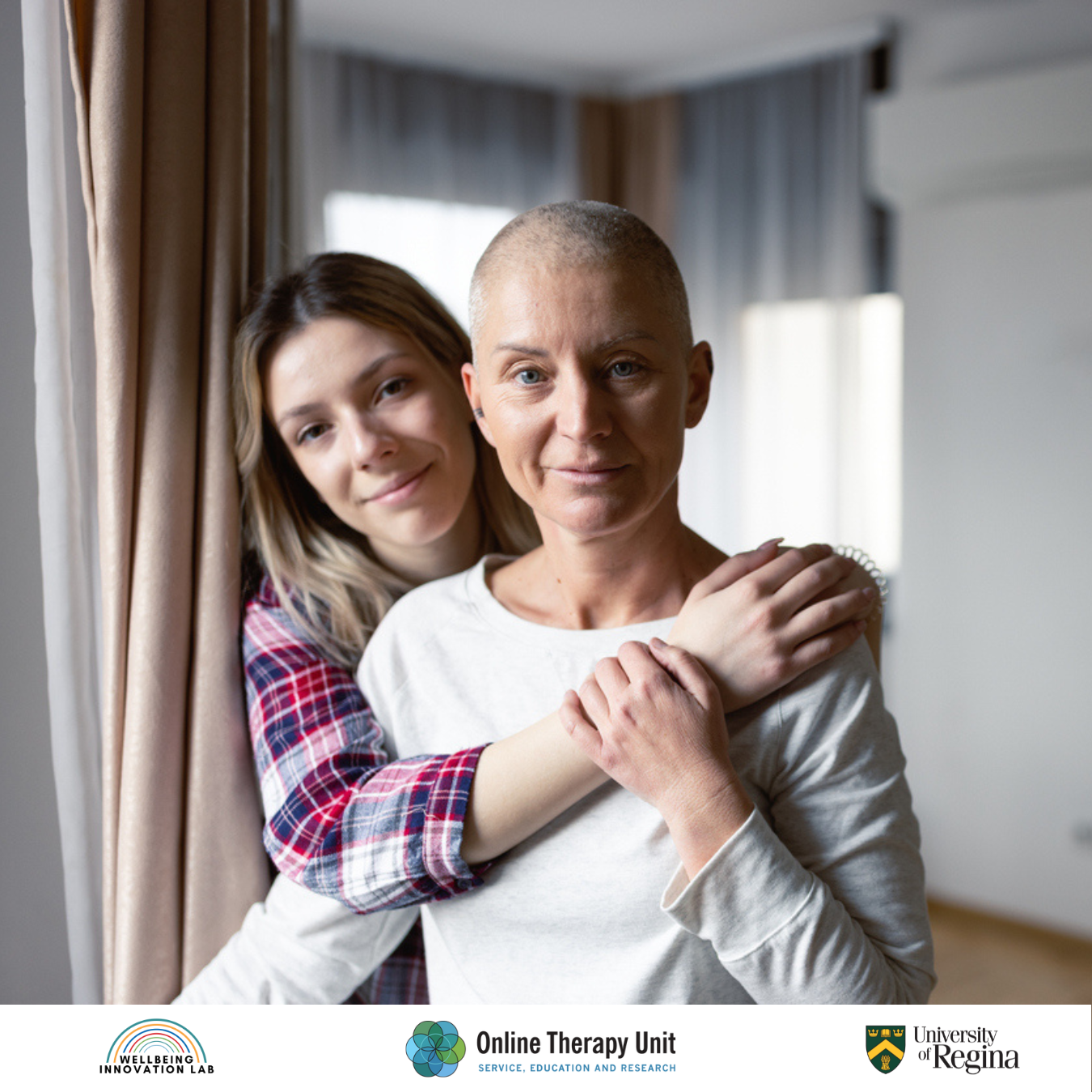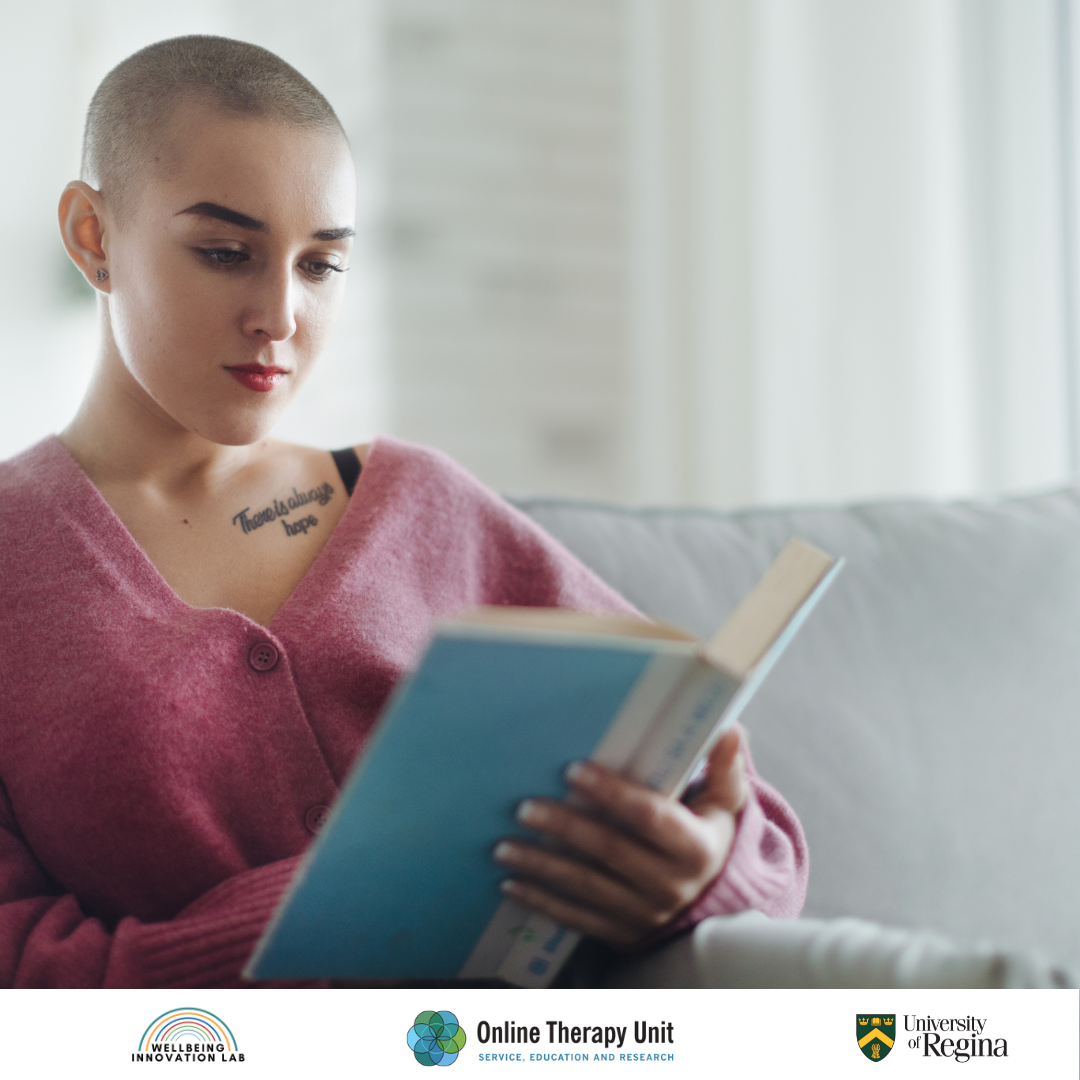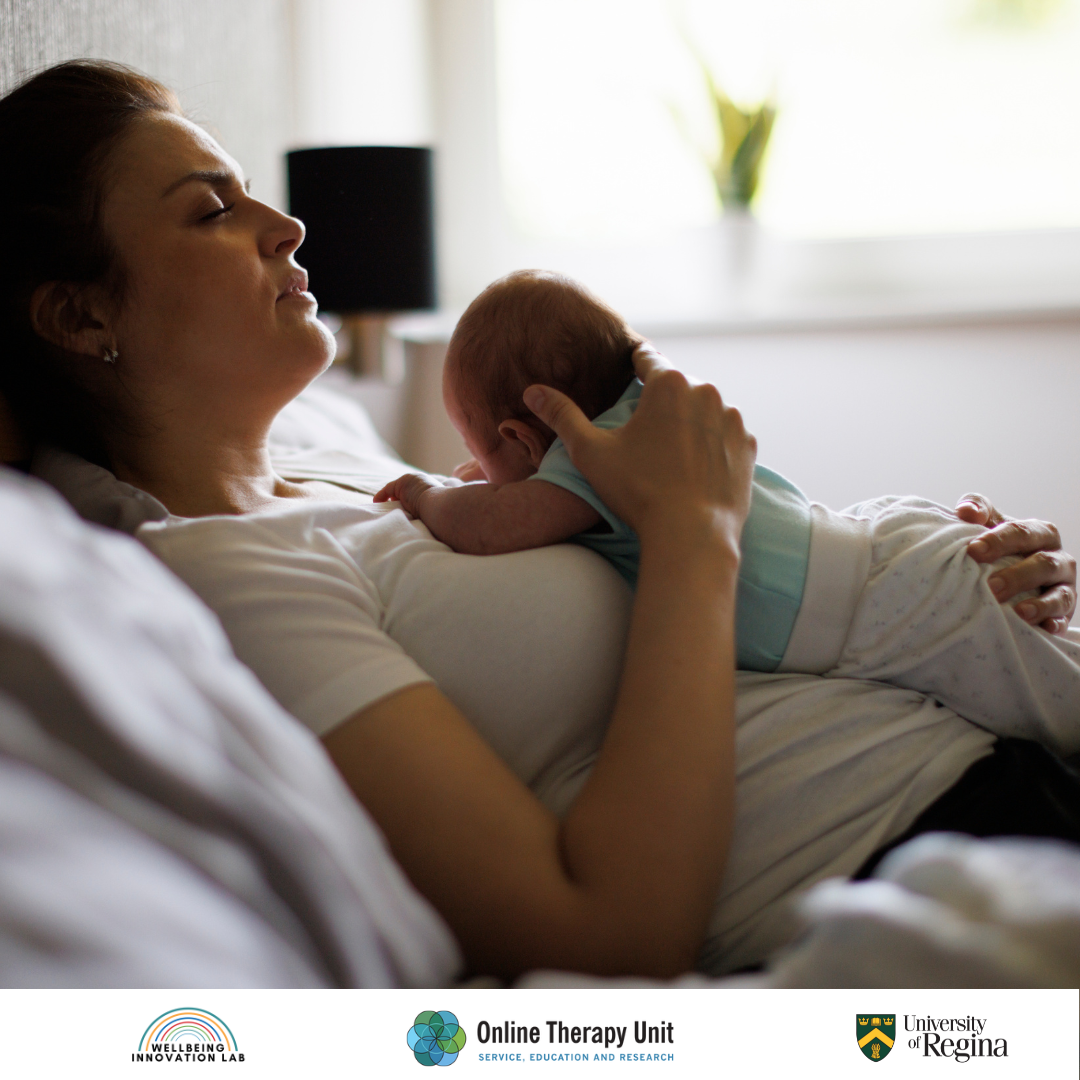Development and initial evaluation of a psychoeducational resource to facilitate social support for cancer survivors
Honours Thesis Results, Chantalle Fuchs 2014
Most cancer survivors appear to adjust well to having a cancer diagnosis over time, but research has shown that some cancer survivors experience clinical levels of anxiety and depression. In addition, it has been shown that social support often decreases after cancer treatment.
Wellbeing After Cancer (WAC) is an online cognitive behavioural therapy program designed to treat anxiety and depression among cancer survivors. Feedback from program participants suggested that information and strategies regarding social support would be beneficial.
To date, no known online educational resource has been developed to address social support among cancer survivors and family members. The objectives of the study were to:
- Develop a supplementary psychoeducational resource focused on social support to accompany the WAC online program. Information discussed on the resource included fatigue, concentration and memory changes, pain, swelling, nervous system changes, low moods, anxious feelings, worries about cancer returning, feeling alone, benefits of social support, communication strategies, styles of communication, and sources of support.
- Conduct a preliminary evaluation of this resource. Assessing the face-validity of this resource is an important first step in adding educational materials to online programs like WAC.
Survivors and family members reviewed the resource, rated different sections within the document, and responded to open-ended questions pertaining to the acceptability and helpfulness of the resource. Participants indicated that the resource was informative, applied to their personal relationships, enhance their understanding of what can occur after completing cancer treatment, and that the suggestions listed within the resource were feasible. All individual sections within the resource were deemed informative as well as accurate.
The open-ended responses revealed areas for improvement such as integrating more specific examples and information on additional challenges faced by survivors. Additional challenges described by cancer survivors included feelings of anger and frustration, difficulties with eating, as well as sexual and intimate concerns.



